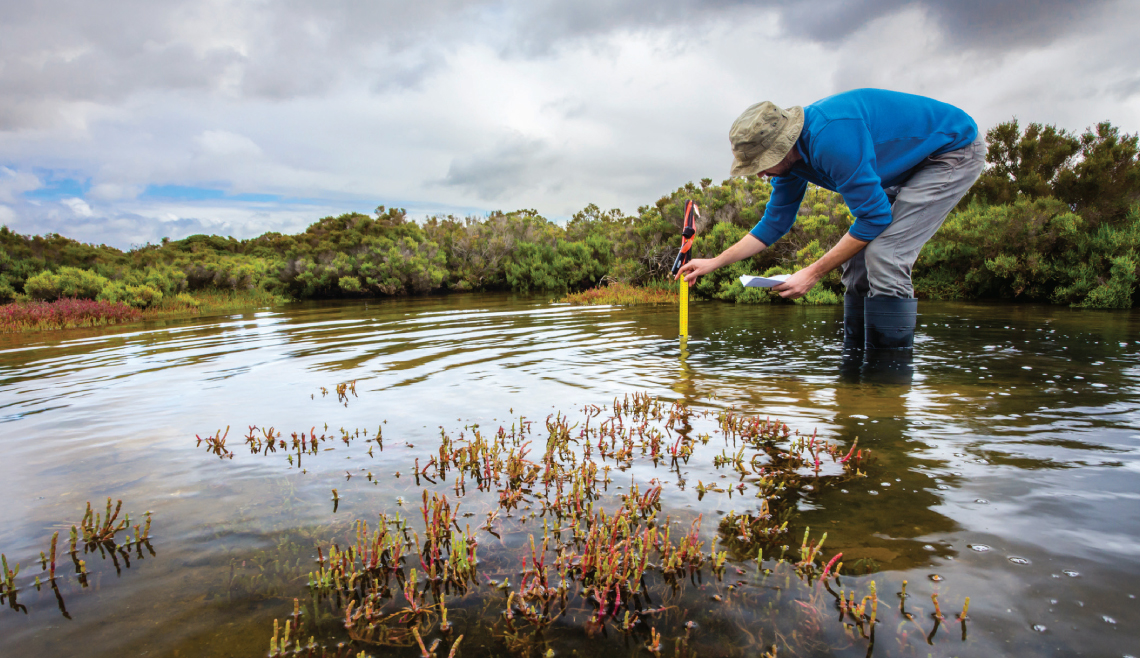Water diagnostic toolkit
Among all the elements that will be affected by the pernicious consequences of climate change in India, water is where the gravest emergency has surfaced. Changing weather patterns and frequent droughts have added to a welter of long-worsening woes, primary among them groundwater depletion and contaminated sources. To term the country water-stressed is likely an understatement.
Substantial investments, grand schemes and standout interventions notwithstanding, India continues to slide deeper into a water crisis. Skewed development priorities, a scarcity of local solutions and erratic monsoons have combined to deepen this crisis. One thing’s for sure: the search for answers has to be localised.
ICC has taken that pathway while supporting the Centre for Social and Environmental Innovation, a subsidiary of Bengaluru-based research organisation Ashoka Trust for Research in Ecology and the Environment (ATREE), to develop a ‘water diagnostic toolkit’. Open-source data is the raw material the toolkit employs to create digital aids that enable community water management programmes.
The overall objective is improving rural water security through water budgets and plugging data and capacity gaps. The toolkit generates and validates data to estimate watershed reserves — in a village, for instance — fills in the missing data layers, and develops training material for better-informed solution designs.
Jaltol, a digital plugin developed as part of the toolkit, was piloted in November 2021 by ATREE. With a mechanism that simplifies water balance estimation at the community level, Jaltol was crafted to requirement after extensive consultations with people on the ground.
Localisation is the toolkit’s primary attribute and with good reason. “Water has been heavily funded through government schemes and philanthropy over the last few decades but the crisis has actually worsened,” says Ms Monteiro, ICC’s programme lead. “That’s because it was handled at a broad-stroke level or with a solution-first outlook, without necessarily considering local contexts and a watershed approach.”
The effect climate change has had on water quality and availability is undoubted, but there’s more to it. “Water and climate change cannot be separated in India,” says Ms Monteiro. “While climate change is not the cause of our water crisis — we have managed to engineer that all on our own — it is a threat multiplier and the problem will be exacerbated as monsoons become more intermittent and floods more common.
“What the toolkit is aiming to do is to decentralise access to data and thereby enable locally informed solutions.”
